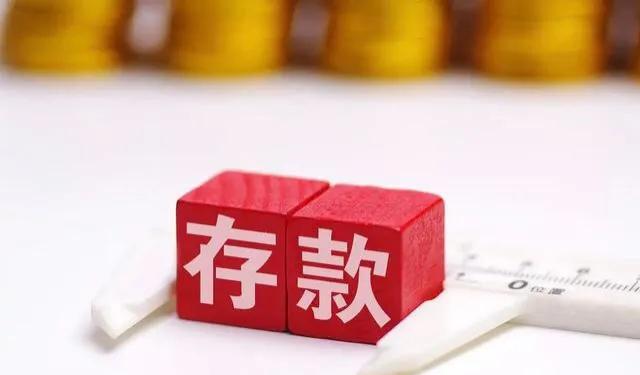Welcome to Shanghai Founder Law Firm! Email:info@gcls.cn Tel:0086-021-62996116-0
11-25

In 2026, we will travel to the future together, with the establishment of the Manshan Island team by Guochuang headquarters and Suzhou branch
From November 21st to 23rd, 2025, Guochuang Law Firm organized its headquarters and Suzhou branch colleagues to conduct a three-day autumn team building and business exchange activity on Manshan Is..
11-19

KHOR SEE LIN, Senior Partner of YEOH MAZLINA&PARTNERS Law Firm, Visited Shanghai Guochuang Law Firm
On November 19, 2025, Lawyer KHOR SEE LIN, Senior Partner of YEOH MAZLINA&PARTNERS Yangma Law Firm, visited Shanghai Guochuang Law Firm. Chen Min, Director of Shanghai Guochuang ..
11-11

MMALATIN CEO Mr. Diego Martinez Bernie visits Shanghai GuoChuang law firm
On November 6, 2025, Diego Martinez Bernie, CEO of MMALATIN, visited a law firm in Shanghai. Chen Min, Director of Shanghai Guochuang Law Firm, Ji Xin, Partner, and Li Runxuan, Legal Assist..

I believe many families have faced or are about to face such problems. After the passing of their relatives and elders, there are still deposits left in their bank accounts. These deposits belong to the depositor's estate after their death. If inheritance is to be carried out, relevant notarization procedures must be completed in accordance with the law or judicial documents must be obtained through judicial channels in order to inherit the relevant funds from the bank. I have received many inquiries from parties involved, stating that the elderly in my family has passed away and there are still some savings in the bank. My family does not know the password, so how can I withdraw them? When I heard that I need to inherit through notarization or judicial litigation, I encountered difficulties one after another. Some people said, "The money in my account is only over 10000 or 20000 yuan, and notarization or litigation still requires money, which seems to be spent inexplicably..." Indeed, in notarization or litigation, besides preparing a lot of necessary proof materials, it also requires a relatively long processing time, and related procedures will also incur costs. This situation to some extent increases the burden on inheritors for inheriting small deposits.
In response to the common public demands mentioned above, the national financial management department has continuously introduced and optimized policies for the inheritance and withdrawal of small bank account deposits for many years. From the perspective of convenience, benefit, and benefit to the people, the inheritance procedures for deposit inheritance are simplified as much as possible within a reasonable amount limit, reducing the burden on heirs to realize their legal inheritance rights. In 2021, the former China Banking and Insurance Regulatory Commission and the People's Bank of China jointly issued a notice on simplifying the withdrawal of small deposits from deceased depositors (hereinafter referred to as "Document No. 18"), allowing the legal heirs or notarized testamentary heirs or legatees of deceased depositors to directly withdraw their deposits and interest in a lump sum if they meet the requirements of the notice. On April 19, 2024, in order to further enhance and optimize the inheritor's demand for small bank deposit funds, the State Administration for Financial Regulation and the People's Bank of China jointly issued the Notice on Optimizing the Requirements for Small Deposit Withdrawal of deceased Depositors (Jin Gui [2024] No. 6), which focuses on the following four aspects:
Firstly, increase the amount of deposits that are exempt from notarization inheritance. The upper limit of the amount that can be directly inherited by the deceased without notarization in the same banking institution's account has been uniformly increased from the floating rule of 10000 yuan stipulated in Document No. 18, which can be adjusted by financial institutions to within the 50000 yuan limit. Deposits within this amount range can be directly inherited by the inheritor, provided that they provide qualified materials, eliminating the time and monetary costs required for notarization or judicial litigation.
The release of Document No. 6 not only further increases the convenience of bank deposit inheritance, but also improves the efficiency of deposit inheritance, while reasonably evaluating the general wealth accumulation level of the society. It effectively pays attention to and guarantees the basic needs of ordinary people for bank deposit inheritance, which is undoubtedly a practical policy that benefits the people.

